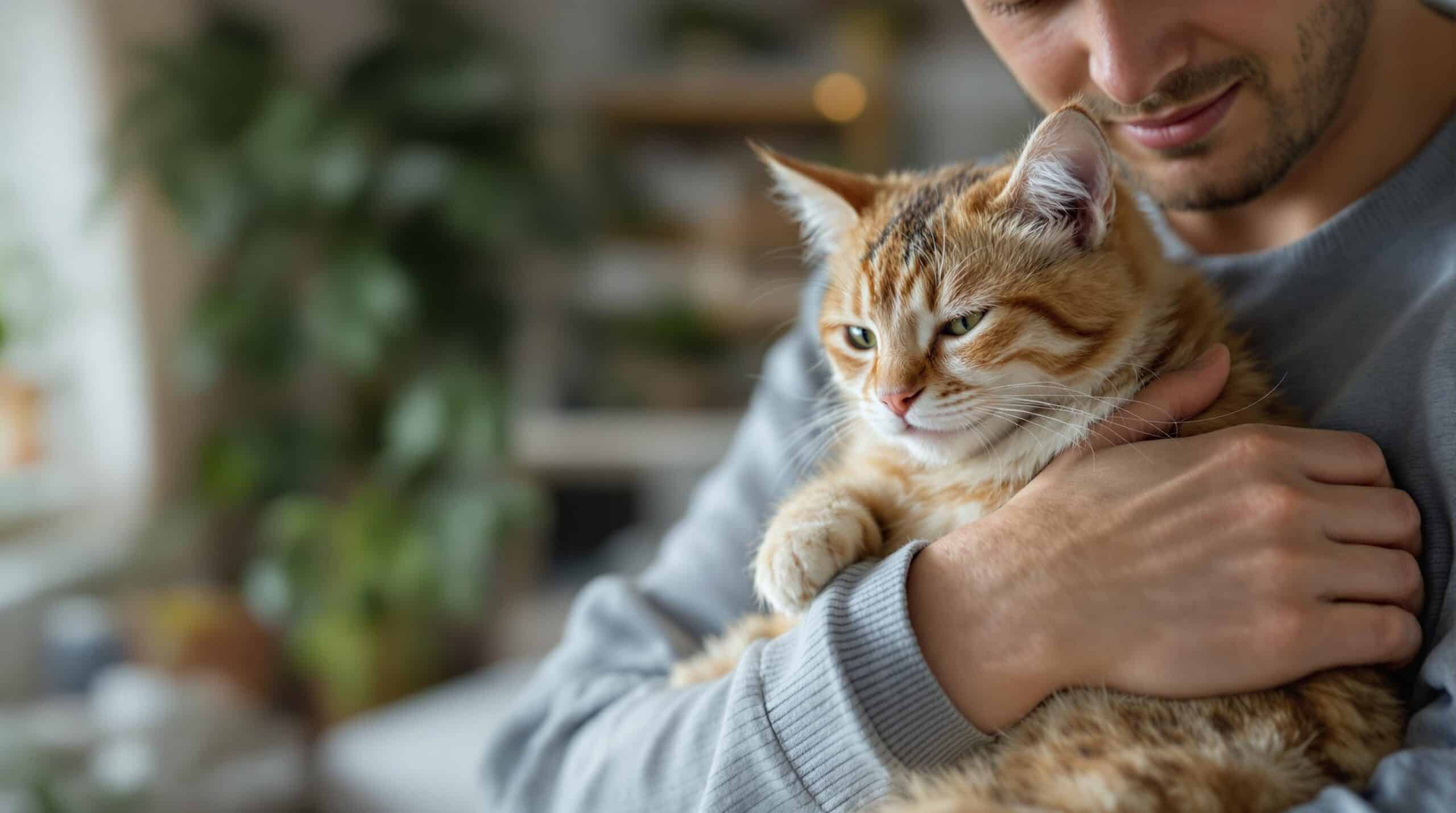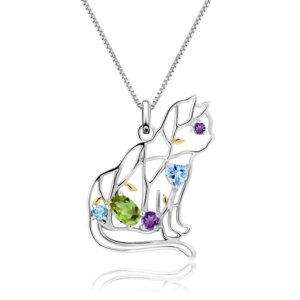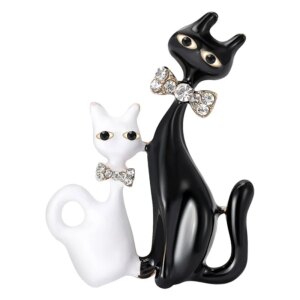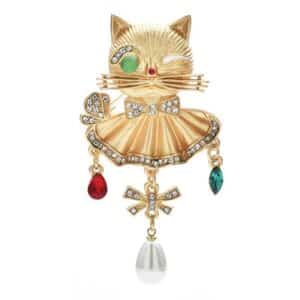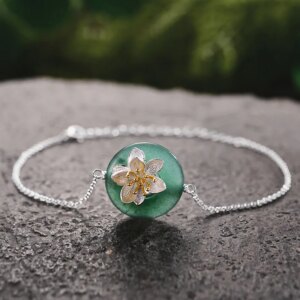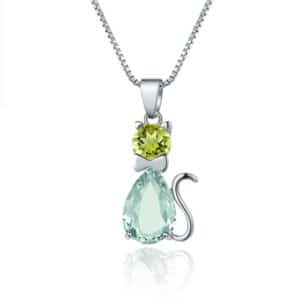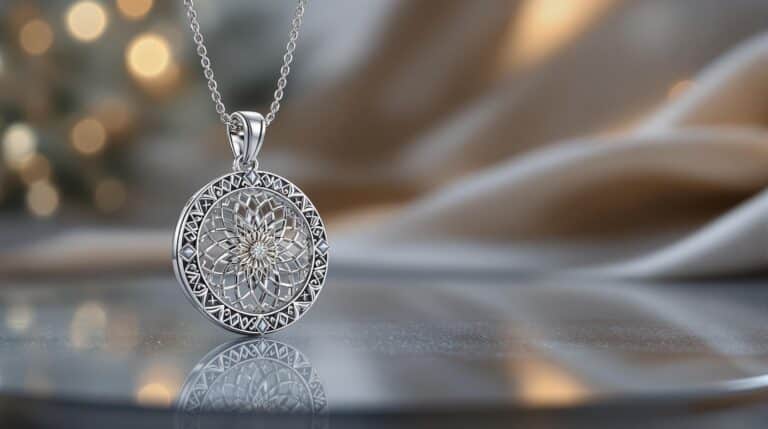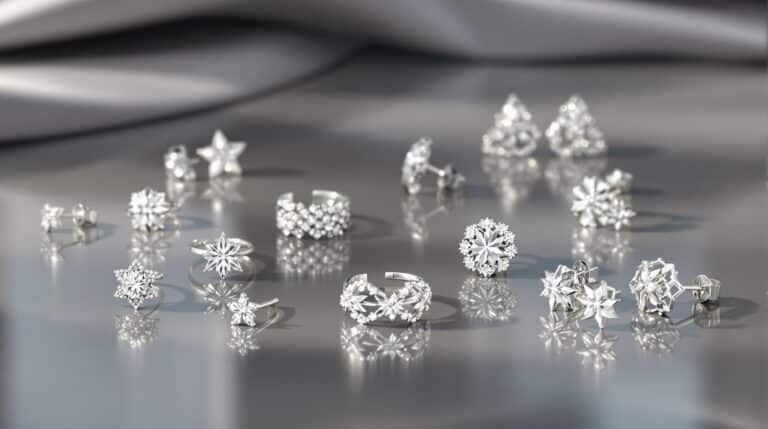Cats kidney failure is a serious health condition that affects many feline companions. This article will help you understand the symptoms, causes, and treatment options for cat kidney failure. By recognizing the signs early and taking proactive steps, you can significantly improve your cat’s quality of life and potentially extend their lifespan. Whether you’re a new or experienced cat owner, this guide will provide valuable insights and practical tips to support your furry friend. At Cat Karma Creations, we understand the importance of keeping your cat healthy and happy, and we’re here to help with all your cat-themed gift needs.
Recognizing the Symptoms of Cats Kidney Failure
Common Symptoms
Cats kidney failure, also known as feline renal failure, can manifest through various symptoms. Some of the most common signs include increased thirst, frequent urination, weight loss, and lethargy. These symptoms are often the first indicators that something is wrong with your cat’s kidneys. It’s important to note that these symptoms can also be associated with other health issues, so a proper diagnosis from a veterinarian is crucial.
Early Warning Signs
Early warning signs of cats kidney failure are often subtle and can be easily overlooked. These may include changes in appetite, mild weight loss, and occasional vomiting. Your cat may also seem more tired or less active than usual. Regular vet check-ups can help catch these early signs before they progress to more severe symptoms. If you notice any of these signs, don’t hesitate to contact us at our contact form for support and advice.
Advanced Symptoms
As cats kidney failure advances, the symptoms become more pronounced and severe. Your cat may experience significant weight loss, severe dehydration, and a noticeable decrease in energy levels. They may also have a poor coat condition and show signs of pain or discomfort. Advanced stages of the disease can be life-threatening, so it’s essential to seek veterinary care immediately if you notice these symptoms.
Understanding the Causes of Cats Kidney Failure
Age and Genetics
Cats kidney failure is more common in older cats, but it can affect cats of any age. Genetic factors can also play a role, with some breeds being more predisposed to kidney problems. Regular check-ups and early detection are critical for managing the condition in genetically susceptible cats. At Cat Karma Creations, we offer unique and stylish jewelry that can serve as a beautiful reminder of the love and care you have for your cat.
Dehydration and Toxins
Dehydration is a significant risk factor for cats kidney failure. Cats that do not drink enough water or have limited access to fresh water are more likely to develop kidney problems. Toxins, such as certain medications, household chemicals, and toxic plants, can also damage the kidneys and lead to failure. Ensuring your cat has a consistent supply of clean water and a safe environment can help prevent these issues. For more tips on keeping your cat healthy, follow us on Facebook and Instagram.
Other Health Conditions
Other health conditions, such as urinary tract infections, kidney stones, and high blood pressure, can also contribute to cats kidney failure. These conditions can cause chronic stress on the kidneys, leading to gradual deterioration. Regular vet visits can help identify and treat these underlying issues, reducing the risk of kidney failure. Our in-house jewelry designer, Jules, creates imaginative and unique pieces that can make the perfect gift for any cat lover.
Treatment Options for Cats Kidney Failure
Medical Treatments
The treatment of cats kidney failure often involves a combination of medical interventions. Your veterinarian may prescribe medications to manage symptoms, such as anti-nausea drugs, appetite stimulants, and blood pressure medications. In some cases, dialysis or kidney transplant may be considered, although these are typically reserved for severe cases. At Cat Karma Creations, we collaborate with cat rescue charities to support feline welfare, and we encourage you to do the same by considering charitable contributions.
Dietary Changes
Diet plays a crucial role in managing cats kidney failure. A kidney-friendly diet is low in protein, phosphorus, and sodium, which can help reduce the workload on the kidneys. Your vet may recommend a special prescription diet or provide guidance on preparing a homemade diet that meets your cat’s specific needs. It’s important to follow the vet’s recommendations closely to ensure your cat’s nutritional needs are met. For more information on our custom designs, visit our website.
Fluid Therapy
Fluid therapy is a common treatment for cats kidney failure, especially in the advanced stages. This involves administering subcutaneous fluids to help flush toxins from the body and maintain hydration. Your vet can show you how to perform this procedure at home, which can be a valuable tool for managing your cat’s condition and improving their quality of life. Our Meditation Cushion with Cat Design can provide a comfortable and calming space for your cat during this time.
Preventing Cats Kidney Failure
Regular Vet Check-Ups
Regular vet check-ups are essential for preventing cats kidney failure. These visits allow your vet to monitor your cat’s overall health and catch any potential issues early. Early detection and intervention can significantly improve the outcome for cats with kidney problems. Make sure to schedule annual or bi-annual check-ups, depending on your cat’s age and health status. For more information on our products, visit our website.
Balanced Diet
A balanced diet is crucial for maintaining your cat’s kidney health. Feed your cat a diet rich in high-quality proteins, essential nutrients, and appropriate levels of fat and carbohydrates. Avoid overfeeding, as obesity can increase the risk of kidney problems. Consult with your vet to determine the best diet for your cat’s specific needs. Our Beautiful Handmade Sterling Silver Cat Pendant can be a beautiful way to show your love for your cat.
Hydration and Stress Management
Encourage your cat to drink plenty of water to maintain proper hydration. Consider using a pet fountain or adding wet food to your cat’s diet to increase their water intake. Managing stress is also important, as stress can exacerbate kidney issues. Create a calm and comfortable environment for your cat, and provide plenty of enrichment activities to keep them mentally and physically engaged. For more tips on managing stress, follow us on Pinterest.
Popular Quote
“Cats are connoisseurs of comfort.” – Jim Davis
This quote from Jim Davis, the creator of Garfield, perfectly captures the essence of what our feline friends need to thrive. A comfortable and stress-free environment is crucial for maintaining their health, especially when dealing with conditions like cats kidney failure.
Statistical Fact
According to the American Veterinary Medical Association (AVMA), kidney disease is one of the leading causes of death in cats, affecting up to 30% of older cats. Early detection and management can significantly improve the quality of life and lifespan of affected cats. While this statistic is concerning, it highlights the importance of regular vet check-ups and proactive care.
Three Tips for Managing Cats Kidney Failure
- Regular Monitoring: Schedule regular vet visits to monitor your cat’s kidney function and catch any issues early. Early intervention can make a significant difference in managing the condition.
- Hydration: Ensure your cat stays well-hydrated by providing fresh water at all times and considering a pet fountain. Proper hydration is crucial for maintaining kidney health.
- Stress Reduction: Create a calm and comfortable environment for your cat to reduce stress. Stress can exacerbate kidney issues, so providing a stress-free home is essential.
Popular Questions About Cats Kidney Failure
- What are the early signs of cats kidney failure? Early signs can include changes in appetite, mild weight loss, and occasional vomiting. Regular vet check-ups can help catch these signs before they become more severe.
- How can I prevent cats kidney failure? Preventing cats kidney failure involves regular vet check-ups, a balanced diet, proper hydration, and stress management. These steps can help maintain your cat’s kidney health.
- What is the best diet for a cat with kidney failure? A kidney-friendly diet is low in protein, phosphorus, and sodium. Your vet can recommend a special prescription diet or provide guidance on preparing a homemade diet that meets your cat’s specific needs.
- Can cats with kidney failure be treated at home? While some treatments, such as fluid therapy, can be performed at home, it’s important to follow your vet’s recommendations closely. Regular vet visits are essential for monitoring your cat’s condition and adjusting treatment as needed.
Final Thoughts About Cats Kidney Failure
Cats kidney failure is a challenging condition, but with early detection and proper management, you can help your cat live a longer and more comfortable life. Regular vet check-ups, a balanced diet, and a stress-free environment are crucial for maintaining your cat’s kidney health. If you suspect your cat has kidney issues, don’t hesitate to contact your veterinarian for a thorough evaluation and personalized advice. Visit our website to find excellent gifts for Cat Lovers and follow us on Facebook and Instagram for more tips and updates.
Comparison Table: Cats Kidney Failure, Feline Diabetes, and Feline Hyperthyroidism
| Feature | Cats Kidney Failure | Feline Diabetes | Feline Hyperthyroidism |
|---|---|---|---|
| Symptoms | Increased thirst, frequent urination, weight loss, lethargy | Increased thirst, frequent urination, weight loss, increased appetite | Weight loss, increased appetite, hyperactivity, vomiting |
| Causes | Age, genetics, dehydration, toxins | Insulin resistance, obesity, genetics | Overproduction of thyroid hormones, tumors |
| Treatment | Fluid therapy, diet changes, medication | Insulin injections, diet changes, medication | Radioactive iodine therapy, surgery, medication |
| Prognosis | Variable, depends on stage and treatment | Good with proper management | Good with early diagnosis and treatment |
| Prevention | Regular vet check-ups, balanced diet, hydration | Weight management, regular vet check-ups | Regular vet check-ups, early detection |
Key Tips for Preventing Cats Kidney Failure
- Regular Vet Check-Ups: Ensure your cat has regular health check-ups to catch kidney issues early.
- Balanced Diet: Feed your cat a balanced diet rich in high-quality proteins and essential nutrients.
- Hydration: Encourage your cat to drink plenty of water to maintain kidney health.
- Stress Management: Create a stress-free environment to reduce the risk of kidney problems.
- Early Intervention: Recognize and address symptoms of kidney failure as soon as they appear.
- Home Care: Provide a comfortable and supportive home environment for your cat’s overall well-being.

